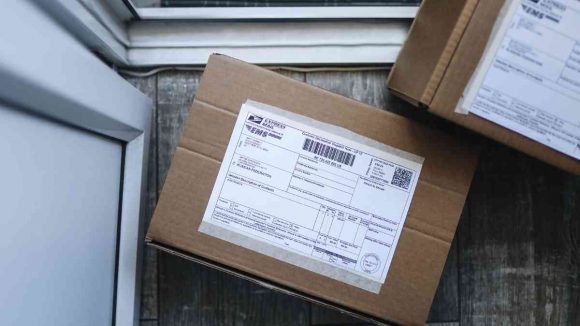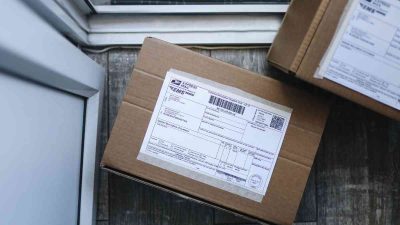Uber has entered reverse logistics with its new feature on the app that allows customers to return unwanted packages to their sender.
In 2020, the rideshare business expanded its transportation of people to include package delivery. Now, it has a new feature to return unwanted packages with the help of local courier services. Uber will send a courier to the address to fetch the unwanted parcel and deliver it to the nearest local post office, US Postal Service, UPS, or FedEx offices.
How it works
Up to five packages can be returned via Uber’s reverse logistics service, given that it’s already packaged and sealed. To ensure the parcel arrives safely at its destination, Uber sends customers a live tracking link check when it is returned.

Uber says to confirm the process has been completed, the courier company accepting the parcel will send confirmation of the delivery in a photo or text.
ALSO READ: Reverse logistics is a $500 billion industry. How does it work?
Users have to pay a flat rate for the return of packages. Each package will cost $5, or $3 for the Uber One paid membership members.
Customers using Uber or Uber Eats can immediately return packages to nearly 5,000 cities in the United States, including Austin, Chicago, Dallas, Denver, San Francisco, and Washington DC.
DoorDash also offers reverse logistics
The new feature launched by Uber is not entirely new. Uber started testing the water in 2015 when it allowed customers to send return packages to post offices for a limited time. It was called ‘Returns’. But it stopped when UberRush ended in 2018.
DoorDash offers a similar service since the start of the year. Theirs is called Package Pickup. It also charges a flat rate of $5 and $3 for members, similar to Uber.
Return to sender
According to the National Retail Federation, 79% of shoppers under 30 find it frustrating to return a parcel. With the shopping and gift season fast approaching, returns are inevitable.
Online returns are rising, but it costs e-commerce and multichannel retailers money.
While flexible return policies help customers, it is still challenging and expensive for retailers to put in place. According to a report by BFC, processing each return can cost a retailer between 50% and 70% of the product’s retail price.
The global reverse logistics market was last valued in 2021 at $492.16 billion. By 2027, it’s expected to reach $649.22 billion globally.
About the author
Mia is a multi-award-winning journalist. She has more than 14 years of experience in mainstream media. She's covered many historic moments that happened in Africa and internationally. She has a strong focus on human interest stories, to bring her readers and viewers closer to the topics at hand.











